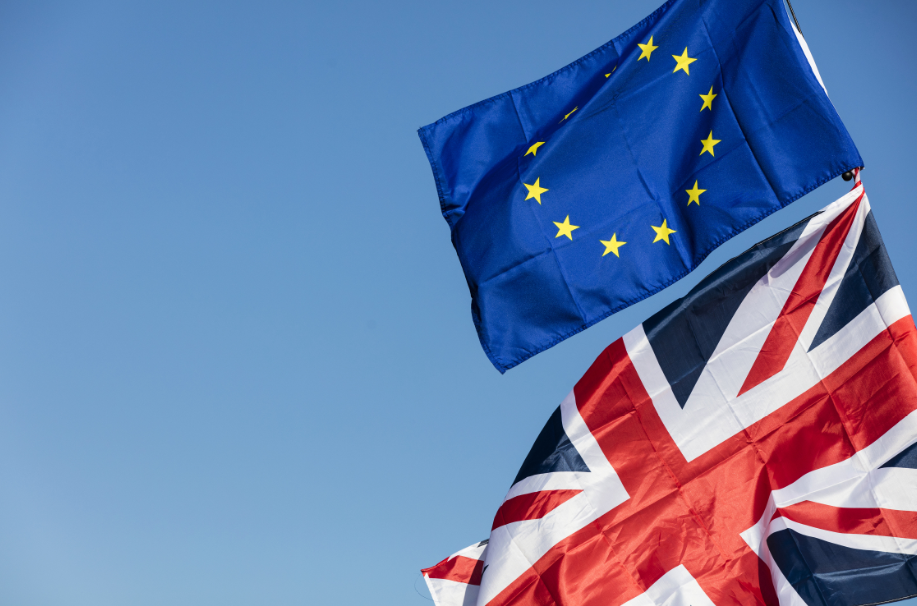
The European Parliament voted overwhelmingly in favour of ratifying the EU-UK Trade and Cooperation Agreement (TCA) this morning (28 April), putting to an end the long running saga over the nature of the UK’s departure from the EU.
MEPs voted 660 in favour, with just five against and 32 abstentions.
Although the deal was ratified in the UK shortly after it was signed at the end of last year, it had been only provisionally applied in the EU until today.
The ratification marks the end of another chapter in the UK and EU’s post-Brexit relationship.
New relationship
Prime Minister Boris Johnson tweeted that the UK could look forward to a new relationship with the EU.
“[It’s] great news that the European Parliament has voted overwhelmingly in favour of our zero tariffs, zero quotas Trade and Cooperation Agreement,” he said.
Lord David Frost, the minister for relations with the EU and the UK’s lead negotiator in the talks that secured the deal, tweeted his hope that the UK and EU could “begin a new chapter together as Europeans, characterised by friendly cooperation between sovereign equals”.
European Commission President Ursula von der Leyen also welcomed the TCA on social media, calling it the foundation of a strong and close partnership.
However, she added that “faithful implementation is essential”.
No quotas or tariffs
Without ratification, trade between the UK and EU could have reverted to taking place under WTO rules, meaning new tariffs and quotas would have been applied.
MEPs had delayed giving their assent to the agreement to allow for a full and accurate translation of the 1,246-page document into European languages.
Ongoing tensions
Concerns over the UK’s implementation of the Northern Ireland Protocol were also thought to have held up the ratification process.
The BBC reports that Brexit tensions also remain in areas such as fishing and services.

